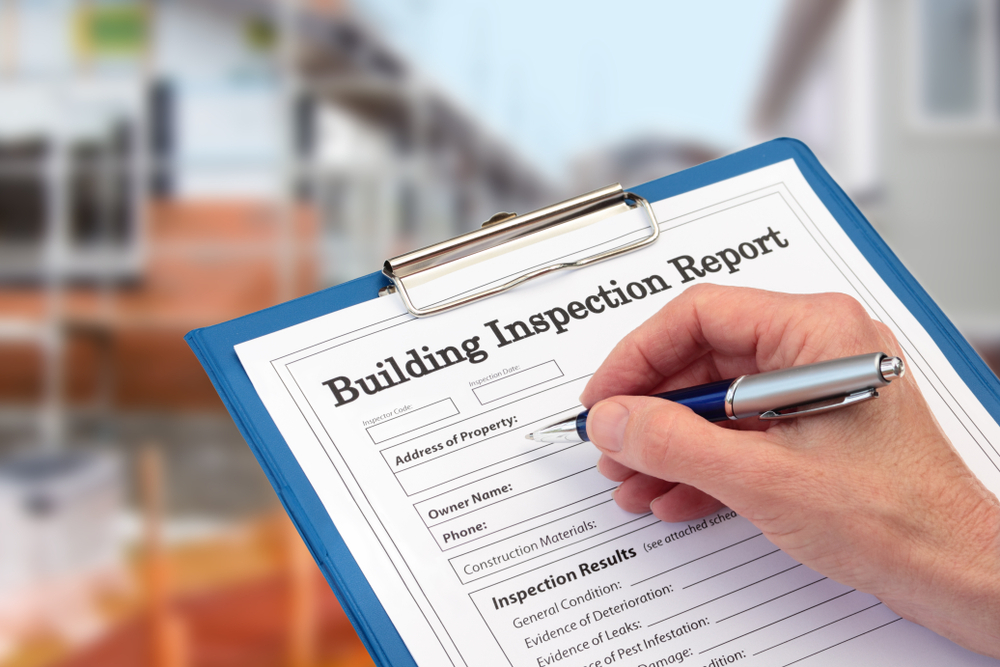When buying or selling a property, it’s essential to thoroughly understand its condition before making any decisions. It is where inspection reports come into play. Inspection reports provide a detailed assessment of the property’s condition, highlighting any issues affecting its value or safety. In this article, we’ll examine the importance of inspection reports and their key components, so you can make informed decisions about buying or selling a property.
Why are Inspection Reports Important?
Inspection reports are an essential part of the property buying and selling process. They provide a comprehensive assessment of the property’s condition, helping buyers and sellers identify any issues that may need to be addressed. Here are some of the critical reasons why inspection reports are essential:
They Identify Safety Issues: Inspection reports highlight any safety issues that may be present on the property. It includes issues with the electrical system, plumbing, foundation, roof, etc. Knowing these issues beforehand can help buyers decide whether to purchase and how much they will pay.
They Help Negotiate the Sale Price: Inspection reports can be used to negotiate the sale price of a property. If the inspection report highlights significant issues, the buyer can use this information to negotiate a lower sale price. On the other hand, if the report shows that the property is in good condition, the seller can use this information to justify a higher sale price.
They Help with Planning Future Repairs: Inspection reports provide an overview of the property’s condition, including any repairs that may be required. This information can help buyers plan for future repairs and budget accordingly.
Critical Components of an Inspection Report
Now that we’ve established why inspection reports are essential let’s closely examine their key components. Inspection reports can vary in format and content depending on the inspector and the property type being inspected. However, most reports will include the following components:
Overview of the Inspection: The first section of the inspection report will provide an overview. It will include information on the inspection date, the type of property being inspected, and the inspector’s name.
Summary of Findings: The summary of findings is a high-level overview of the inspector’s findings. This section will highlight any significant issues that were identified during the inspection.
Property Description: The property description section provides an overview of the property, including its age, size, and location.
Exterior Inspection: The exterior inspection section will provide details on the condition of the property’s exterior. It includes the roof, gutters, siding, windows, and doors.
Interior Inspection: The interior inspection section will provide details on the condition of the property’s interior. It includes the walls, floors, ceilings, doors, and windows.
Electrical System: The electrical system section will provide details on the condition of the property’s electrical system. It includes the wiring, outlets, and switches.
Plumbing System: The plumbing system section will provide details on the condition of the property’s plumbing system. It includes the pipes, drains, and fixtures.
Heating and Cooling System: The heating and cooling system section will provide details on the property’s heating and cooling system condition. It includes the furnace, air conditioner, and ductwork.
Foundation and Structure: The foundation and structure section will provide details on the condition of the property’s foundation and structure. It includes the walls, floors, and roof.
Other Components: Depending on the property, the inspection report may include information on other components such as the garage, attic, crawl space, and more.
Tips on How to Correctly Interpret an Inspection Report
An inspection report can be overwhelming, especially if you need to become more familiar with the technical jargon used in the report. However, understanding how to interpret an inspection report correctly can save you from costly repairs or legal issues in the future. One important tip is to pay close attention to any notes or comments in the report, as they may highlight areas of concern requiring immediate attention. Also, please note any photos in the report, as they can help you visualize the problem areas. If you’re unsure about any aspect of the inspection report, don’t hesitate to ask the inspector for clarification. By correctly interpreting the report, you can make informed decisions regarding your property and ensure that necessary repairs are promptly addressed.
Common Mistakes People Make and How tFcontacto Avoid Them
When reading an inspection report, it’s essential to approach it with a clear mind and an eye for detail. One common mistake is skim reading, which can cause important information to be overlooked. Take your time and read through the report thoroughly, highlighting or taking notes on any areas of concern. Another mistake is failing to ask questions or seek clarification on unclear information. It’s always a good idea to contact the inspector or a professional for clarification if something is unclear. Lastly, please don’t ignore any recommendations or suggested repairs in the report, as they are there to ensure the safety and functionality of your property. By avoiding these common mistakes, you’ll be better equipped to understand and address any issues identified in your inspection report.
Conclusion
If you want to make the most of your property or asset and ensure its safety is up to par, understanding inspection reports is essential in ensuring all potential issues are addressed. Having an in-depth knowledge about what and where to look for can save time, money, and hassle. It’s essential to look out for common mistakes when interpreting and understanding an inspection report can be complicated without the proper instructions. That’s why we at ComfortPro Solutions are here to help guide you through the process from start to finish. If you have any questions, don’t hesitate to reach out and contact us! We are always apprised of the latest technology and standards, so our clients are armed with only the best information available.


